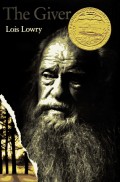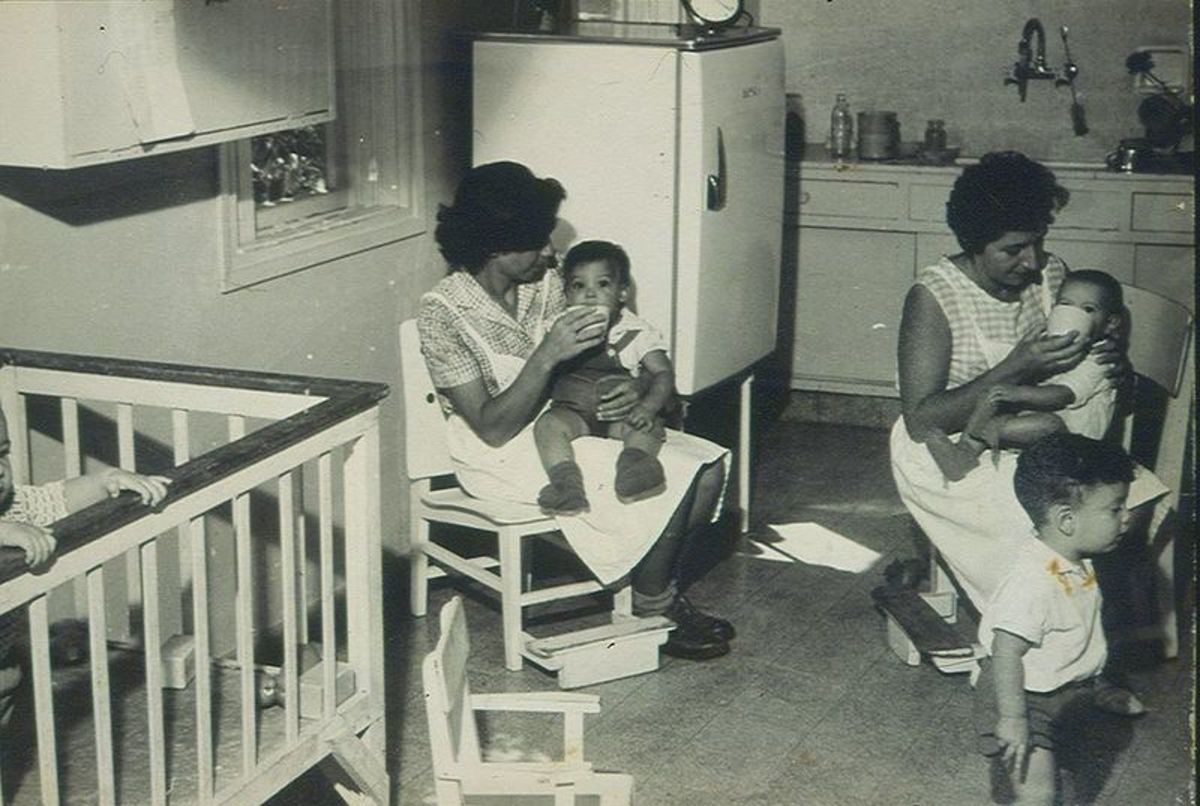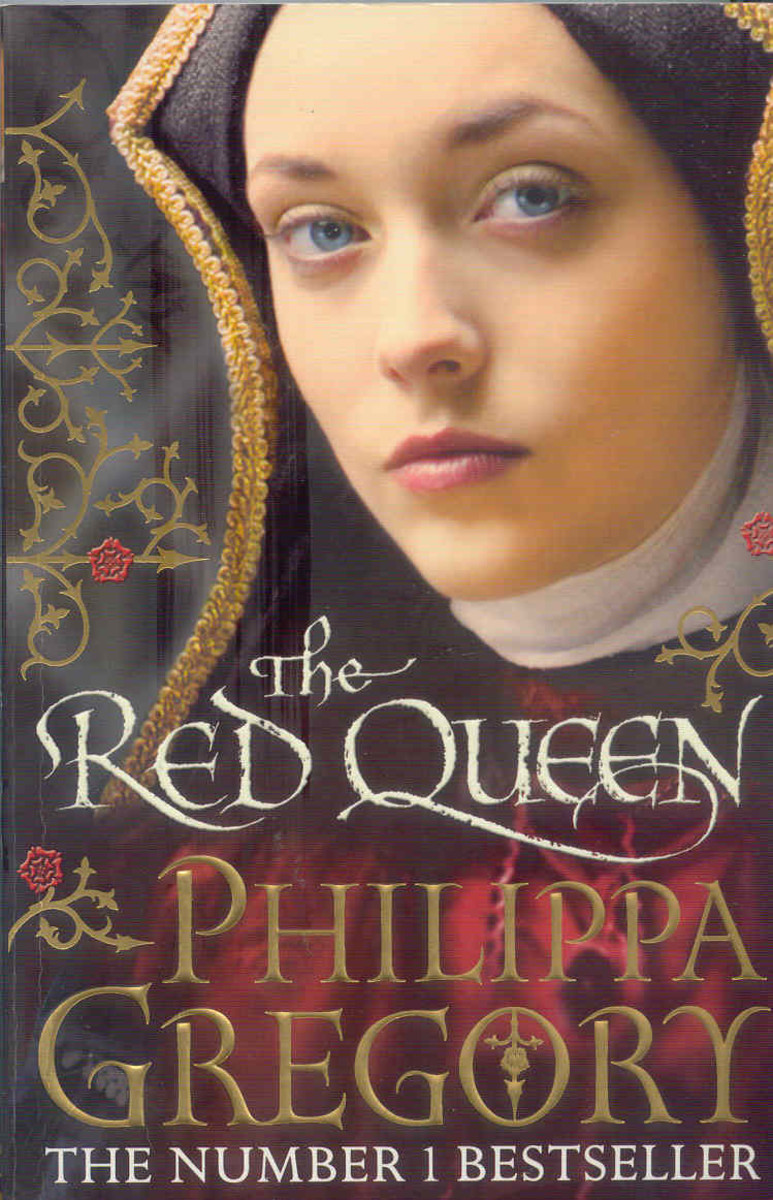The Giver by Lois Lowry
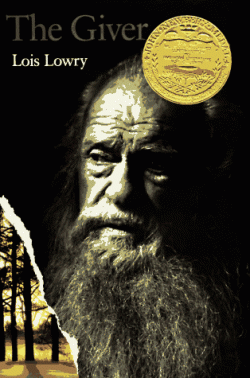
A Perfect Society?
Lowry creates a perfect society...or so it seemed. In this future society everyone is happy. It is a society which has chosen to be ignorant of its past, blissfully ignorant. A society which has systematically chosen to give up individuality and free will for the great good. A society in which laws and rules, as well as extreme 'sameness', guide daily life. A society that assigns husbands to wives, children to couples, and jobs to everyone. A society without illness, but also without weather or even colors.
Upon his 12th birthday, Jonas begins his training with The Giver and is exposed for the first time to the concepts of war, sadness, and death, as well as the joy of a simple snowfall. How can Jonas cope with the truth? And what does he do next?
- www.LoisLowry.com
Lois Lowry's Official Website - Lowry Updates
Lois Lowry's Official Blog with up to date news - A Chat with Lois Lowry
Kid Reporter Hannah Spicijaric interviews Lois Lowry just after the publication of The Willoughbys - Author Profile: Lois Lowry
Author Profile and interview with Lois Lowry on teenreads.com
The World in Which Jonas Lived
In Jonas' community, a future set seemingly utopian society, people lived their lives similar to our own. Husbands and wives raised children in single family homes. The families sat around the table for breakfast each morning, took their vitamins, and the kids rode their bikes off to school, while the parents went off to work.
However, the world in which Jonas lived was not at all like our own. The parents did not fall and love and get married, they were chosen for each other by the Council of Elders. Babies are delivered by "birthmothers" whose job it is to be artificially inseminated and carry babies. Once born babies are sent to an orphanage before being allotted to married couples through an application process, at a maximum of one boy and one girl per family unit. The jobs that adults went off to were chosen for them, again by the Council of Elders.
In Jonas' community, the weather was heavily regulated - each day had perfect weather. Special pills were taken to control emotions and sexual feelings. There are no animals in the community, no insects, no fish. There are no people with physical disabilities - no illnesses. As a result of apparent genetic engineering, everyone in the community is colorblind. Sameness was encouraged and enforced, and anything different or unique was removed. Even music was cut from their society.
The people of this community had no memory or knowledge of life any other way. They knew nothing of the history of humanity - no sense of war or tragedy. The unknowingly lived in ignorant bliss. They no connection to people of outside communities.
This was no utopia at all.
Lois Lowry's Newbery Award Acceptance Speech
Read Lois Lowry's acceptance speech for insight on where the idea for this book came from how it evolved over time.
- Newbery Award Acceptance Speech
Lois Lowry's acceptance speech from June 1994.
Gathering Blue - by Lois Lowry
The Giver is the first in a loose trilogy of books by Lois Lowry in that they all take place in this world. The other two books are Gathering Blue and Messenger.

Upcoming Film Adaptation
- IMDB: The Giver (2013)
This film, based on Lois Lowry's book, tells the story of a perfect world. Everyone here is happy. When Jonas is 12 years old, he's chosen to be the community's Receiver of Memories. He enters into training with an old man called The Giver. From the
"Simply stated,
although it's not really simple at all, my job is to transmit to you all the memories I have within me.
Memories of the past."- The Giver
The Giver Won These Awards
Among others, The Giver received the following awards:
- 1994 Newbery Medal
- 1996 William Allen White Award
- American Library Association listings for "Best Book for Young Adults", "Notable Children's Book," and "100 Most Frequently Challenged Books of 1990-2000."
- A Boston Globe-Horn Book Honor Book
- Winner of the Regina Medal
- Booklist Editors' Choice
- A School Library Journal Best Book of the Year
The Controversy - The Giver, a banned book?
Did you realize that The Giver is #14 on the American Library Associations list of Top 100 Most Frequently Challenged Books of 1990-2000 (source)?
It has been labeled a "the suicide book" or "the euthanasia book" and is often challenged in schools. This article from USA Today goes into further detail. Mark E Donovan explains how people attempted to have the book banned at the school he taught in.
Do you think that the content of this book is appropriate for middle school students?
Teaching Guides
Webquests - The Giver Webquests
Teachers can use these webquests to help students get the most from this book:
- THE GIVER
By: Amy Cordy, Jennifer Fouty, Marybeth Malone, and Ekaterina Rohal - The Perfect Society WebQuest
A WebQuest based on The Giver - a novel by Lois Lowry - WebQuest
By Colleen Spring - The Giver Webquest
Designed by Emily Ferris, Sarah Hertzog, and Christina Kline - Messiah College - The Giver WebQuest
By: Kim Thomas
Messenger - by: Lois Lowry
The Giver is the first in a loose trilogy of books by Lois Lowry in that they all take place in this world. The other two books are Gathering Blue and Messenger.
Online Study Guides
- The Giver Book Notes Summary by Lois Lowry: Quotes
The Giver book notes, including 76 pages of chapter summaries, symbolism, quotes, and more. - Study Guide-The Giver by Lois Lowry-Free Booknotes Online Chapter Summary Plot Synopsis Study Guide
Study Guide-The Giver by Lois Lowry-Free Booknotes Online Chapter Summary Plot Synopsis Study Guide - SparkNotes: The Giver
Online Study Guide - The Giver Novel Study
The Giver Novel Study prepared by Dave Dixon Parts of this novel study were adapted from St. Matthew's School. Contents A basic weekly assignment sheet including vocabulary, comprehension questions, literary devices, and summary paragraphs.
More books by Lois Lowry - Vote for your favorites, or add any I missed.
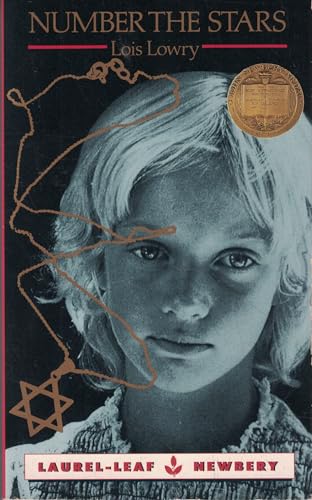




Postscript of utmost importance
If you buy any of the books recommended from this page we automatically make a donation to the incredible nonprofit, Donors Choose, which helps provide classrooms and students in need with resources that our public schools often lack.







